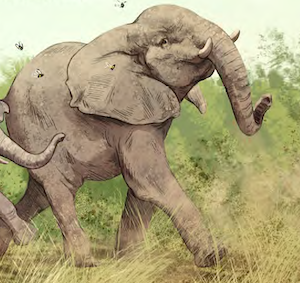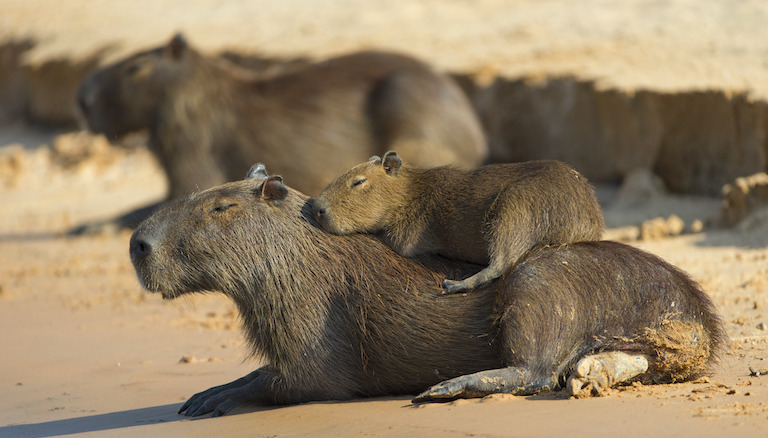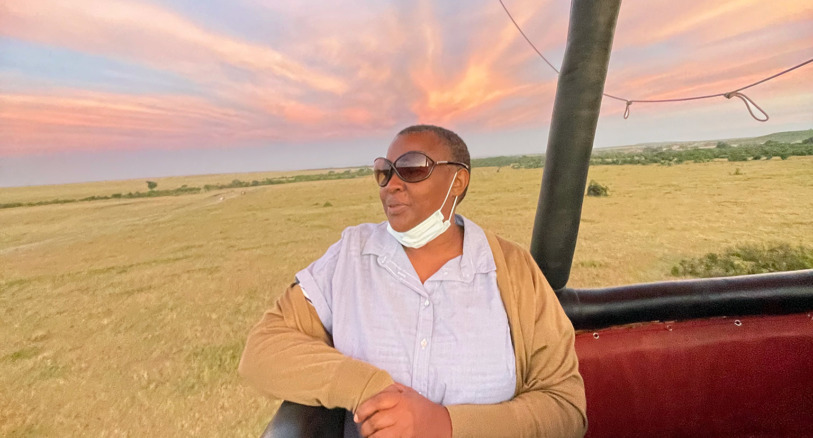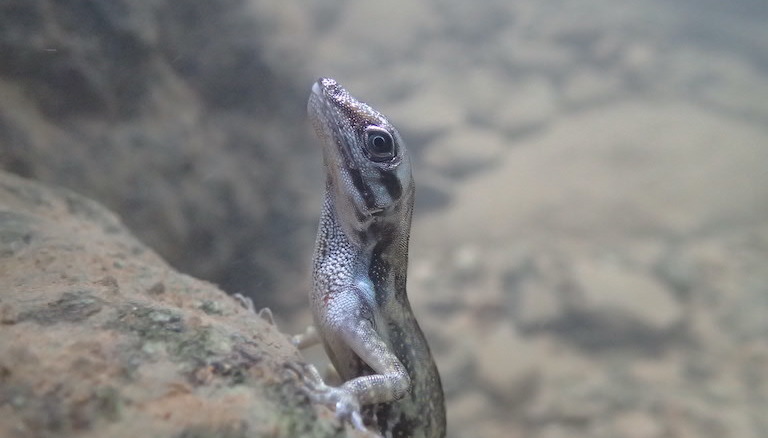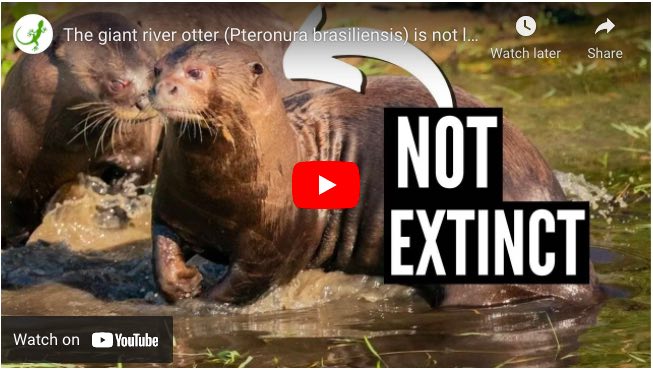Let’s be honest, spiders do freak a lot of people out.
Scientist Catherine Scott explains why that might be: “People love to hate spiders. They occupy this place in our minds, and I think it has something to do with how different they are from us. They’re almost alien … they have eight legs, they have lots of eyes, they move in an erratic way.”

Despite their possibly alien appearance, spiders do an enormous amount of ecological good in the world. Spiders eat huge amounts of insect pests that we don’t want around us. A 2017 study estimated that the world’s spiders collectively devour 400 million to 800 million metric tons of insects and other tiny prey each year, many of which are household and agricultural pests.
Are spiders fairly portrayed in the media?
A large team of international scientists, led by ecologist Stefano Mammola, wanted to find out how spiders are portrayed in the news media. Catherine Scott was one of the scientists on the team. The team compiled a database of 5,348 news articles about human-spider encounters from 81 countries and written in 41 languages.
Stefano Mammola and the team analyzed each article in the database to see if they contained factual errors about spiders and whether they used language and/or images that falsely made spiders sound scary, such as the words “killer,” “terror,” and “nightmare” to describe the encounters.
What the team found was not good for spiders. They found that nearly half (47%) of the total news articles contained factual errors about spiders and 43% had language that falsely made spiders sound scary.

False information is bad for spiders and we need spiders
The negative views of spiders reported in the news stories help make people scared of spiders. When people are scared of spiders due to false information it can have negative effects in the real world.
The scientist team doing the news analysis found stories of unnecessary school closures in the U.K. due to false information about a spider “invasion” as one example. In another example, a man accidentally set his home on fire trying to clear spider webs from his yard with a blowtorch.
One important way to help spider conservation is to be careful not to use overly frightening language (or images) when we write or talk about spiders. To avoid spreading misinformation, check the facts. Spider scientists are a good resource for accurate information on spiders.

*Catherine Scott is a scientist at the Lyman Entomological Museum at McGill University in Canada
*Stefano Mammola is an ecologist with the Italian National Research Council
This news summary is based on an article by Cassie Freund, published on Mongabay.com
View this article for research citations.

